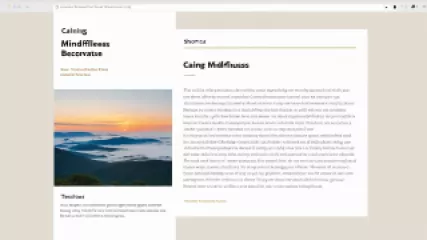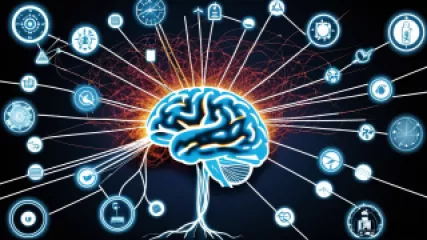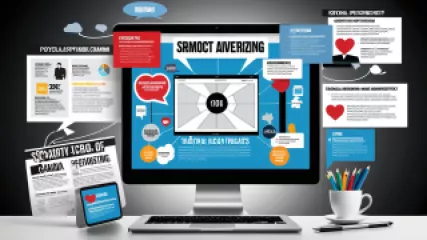5 Steps to Cultivate a Mindset of Empowerment
1 year ago
Mindset Change
5 Inspiring Lessons from Books and Films to Help Overcome Virtual Loneliness
1 year ago
Dealing with Loneliness
What Motivates Altruistic Behavior? A Psychological Analysis
1 year ago
Psychology of Altruism
The Altruistic Mind: An Interview with Dr. Sarah Whalley
1 year ago
Psychology of Altruism
How to Get Started with Therapeutic Writing
1 year ago
Therapeutic Writing
Emotional Regulation Skills: The Key to Effective Behavior Management
1 year ago
Behavior Management
10 Best Therapeutic Writing Techniques for Stress Relief
1 year ago
Therapeutic Writing
Proven Memory Techniques to Enhance Encoding and Recall
1 year ago
Improving Memory Techniques
Unlocking the Power of Advertising Psychology: A Step-by-Step Guide
1 year ago
Impact of Advertising
Why Virtual Therapy Sessions Benefit Behavior Management
1 year ago
Behavior Management
Overcoming Anxiety: An Interview with a Mental Health Expert
1 year ago
Anxiety
My Altruism Journey: Finding Purpose Through Helping Others
1 year ago
Psychology of Altruism
Enhancing Digital Wellbeing: An Interview with Wellbeing Expert
1 year ago
Digital Wellbeing
Crafting Your Self-Discovery Path
1 year ago
Discovering Personal Identity
7 Powerful Questions to Discover Your Authentic Self
1 year ago
Discovering Self Identity















